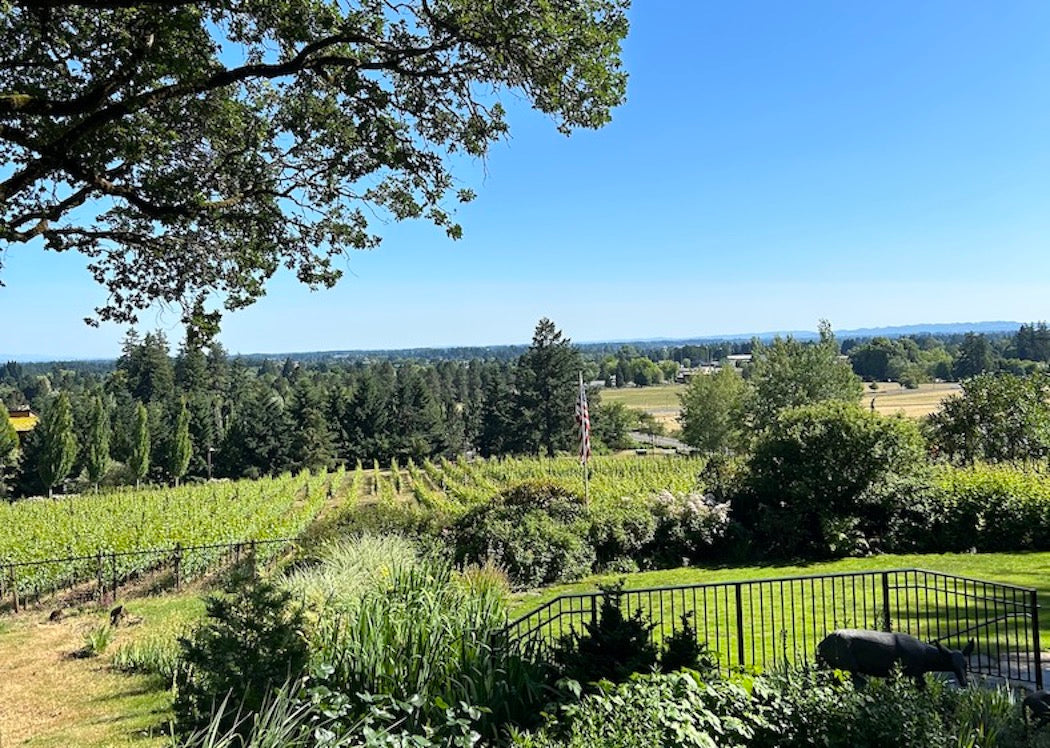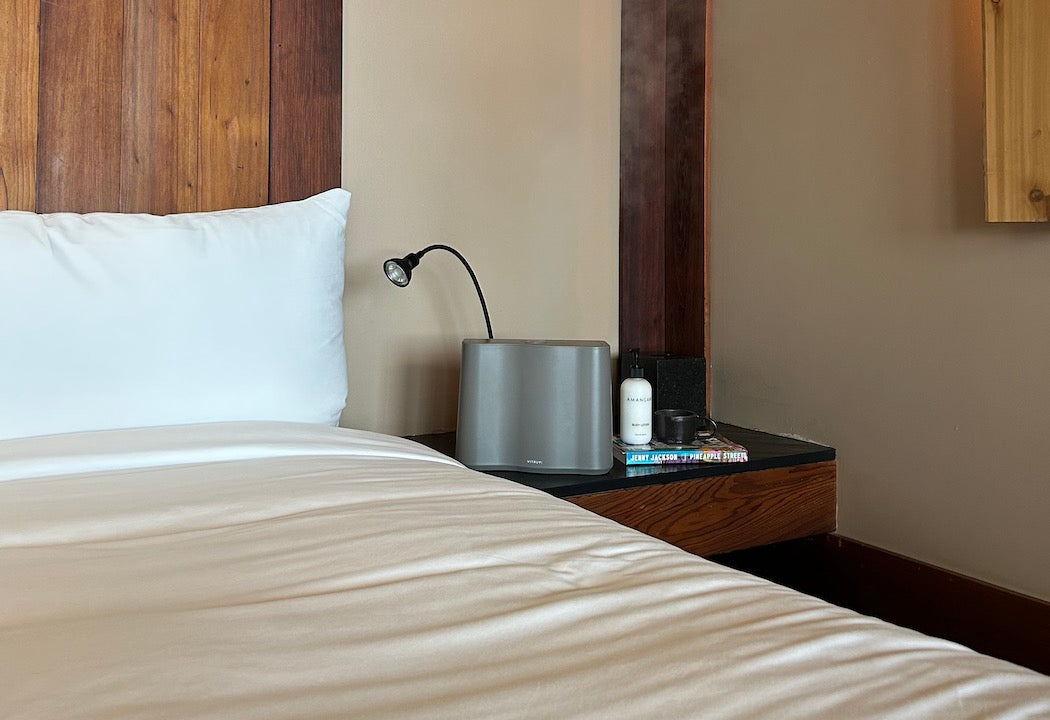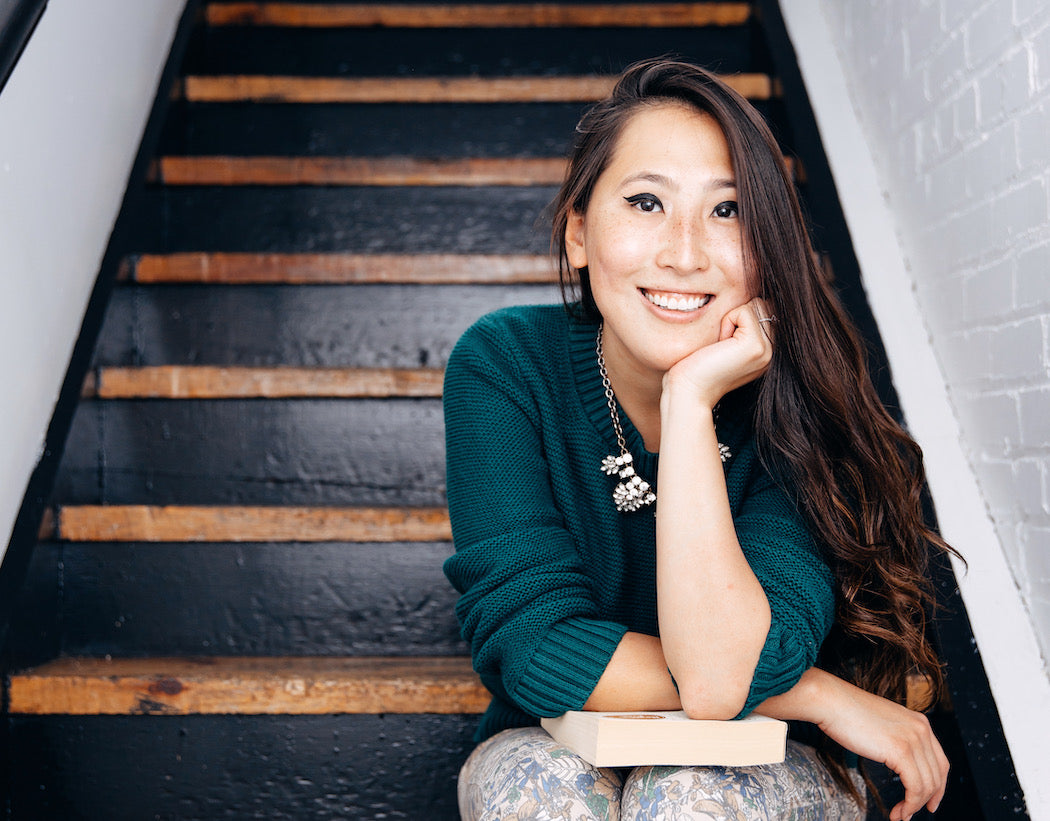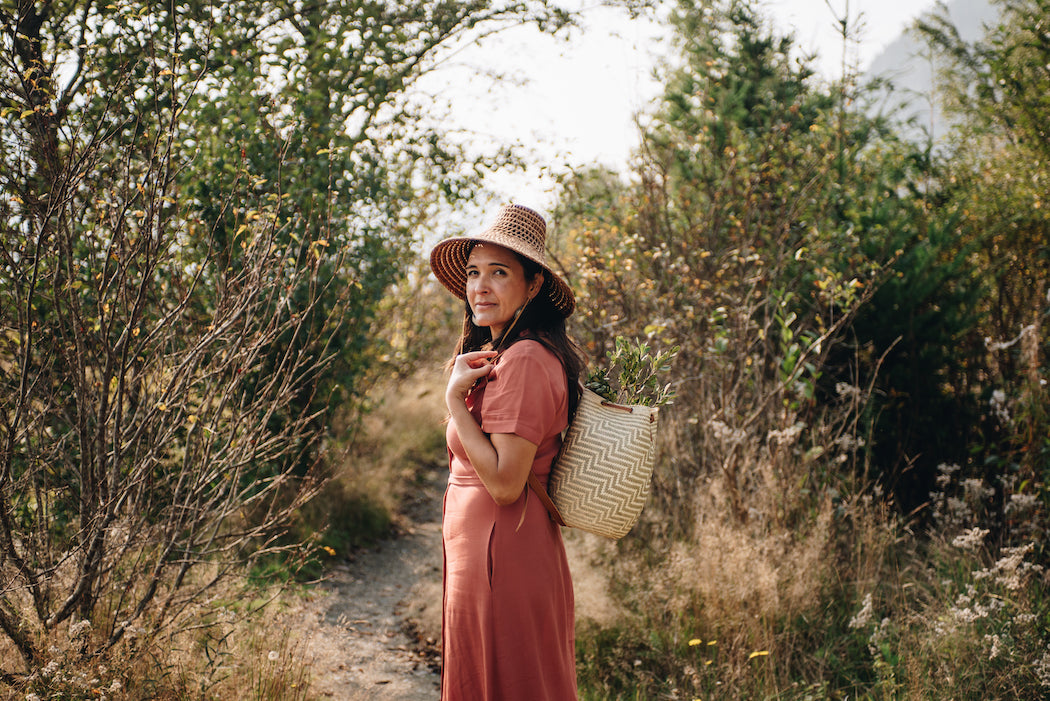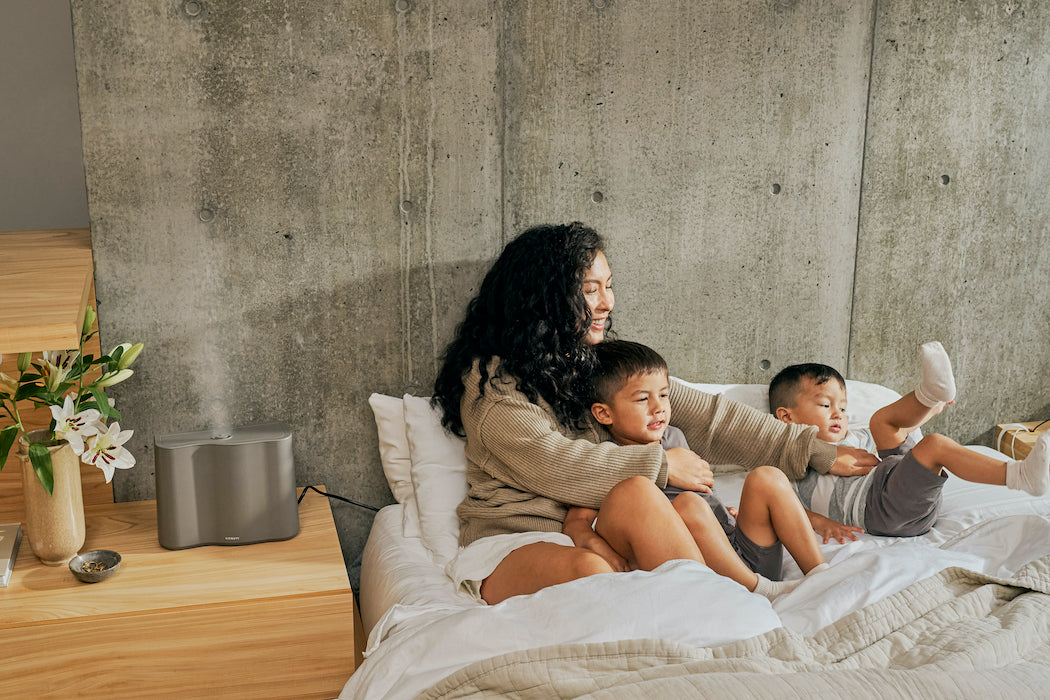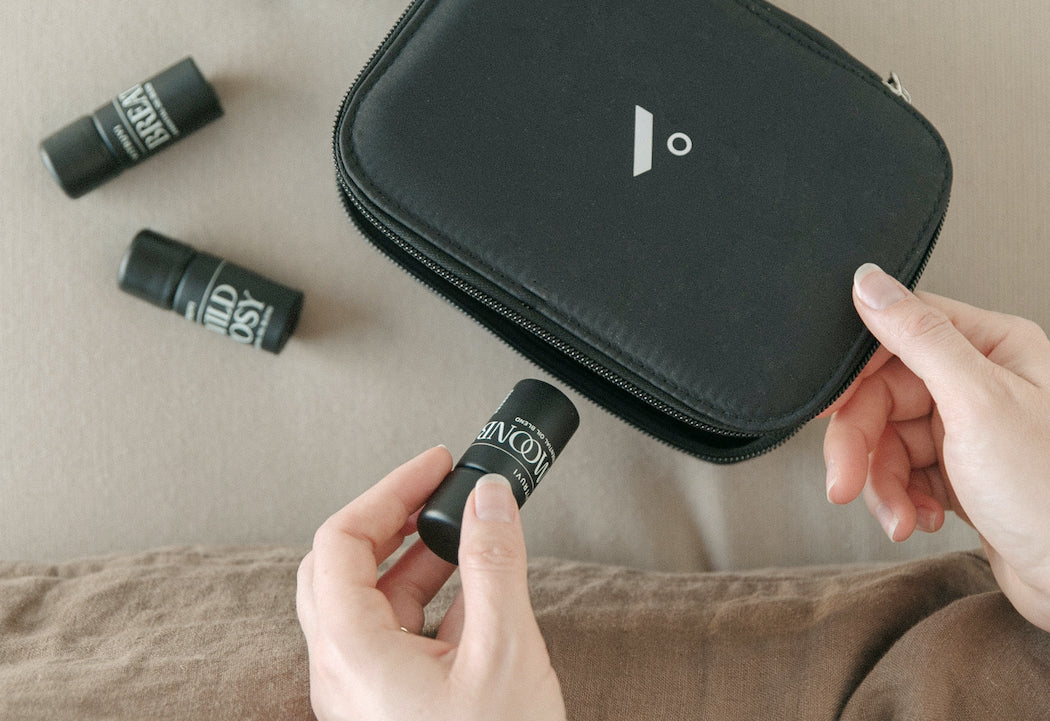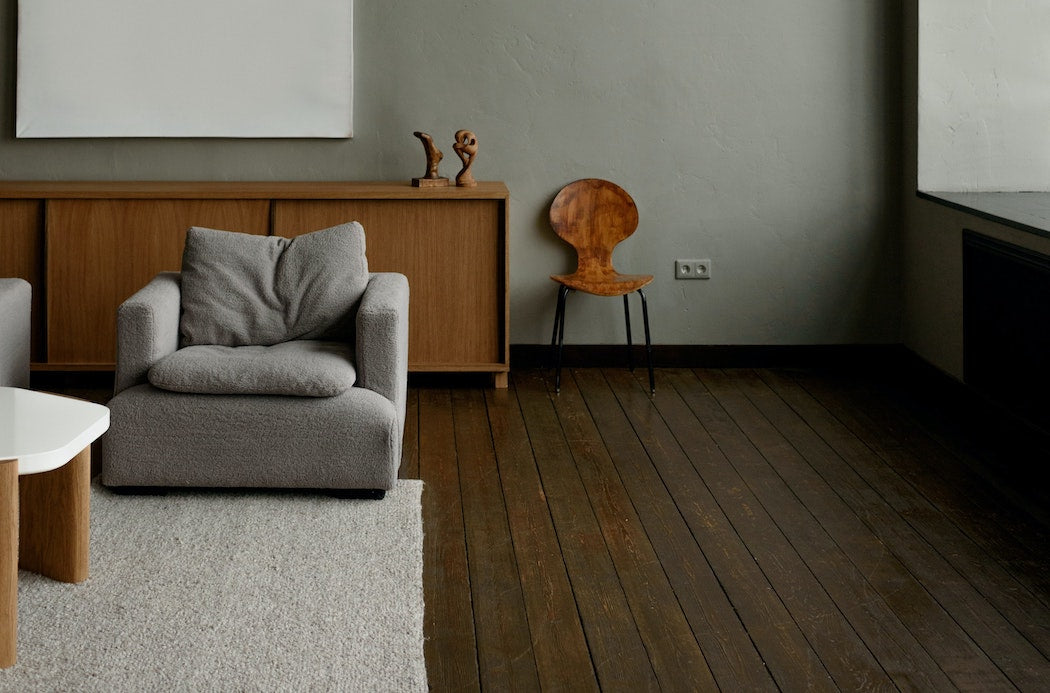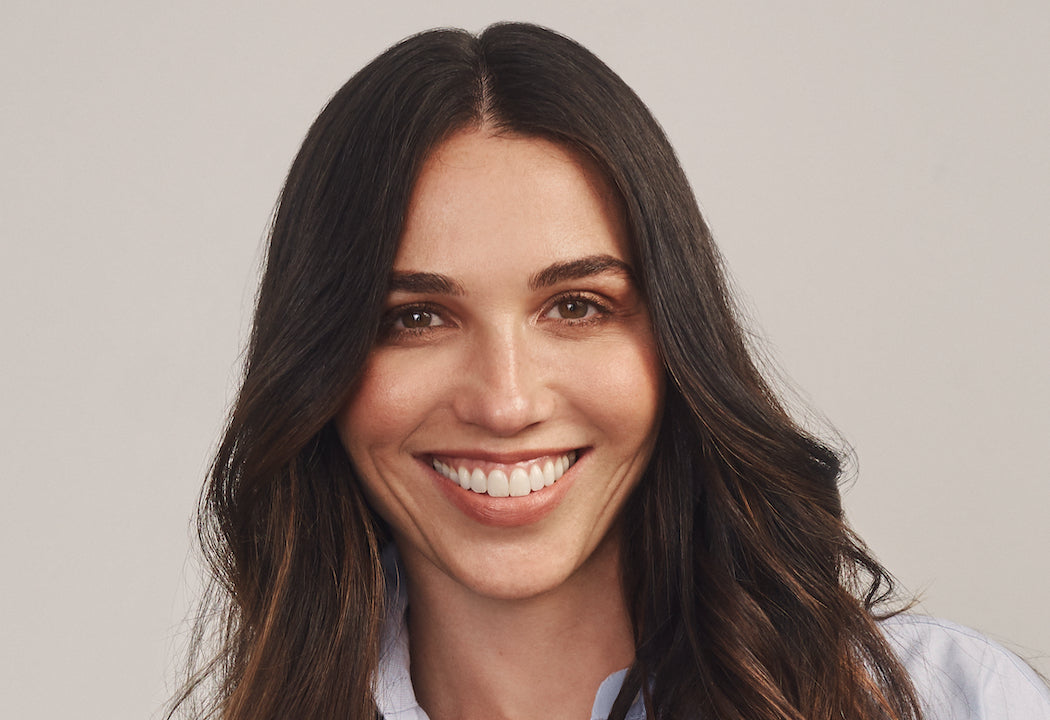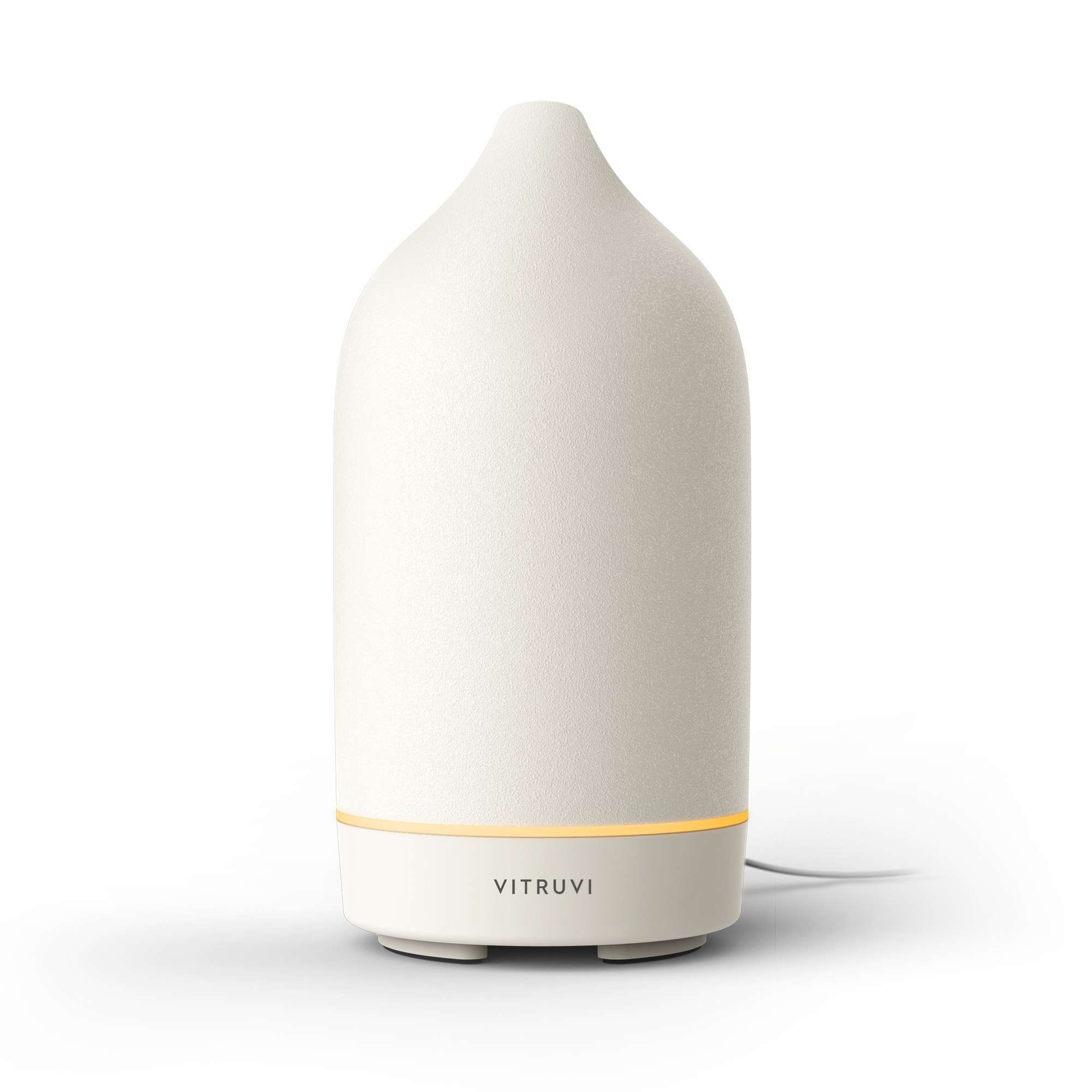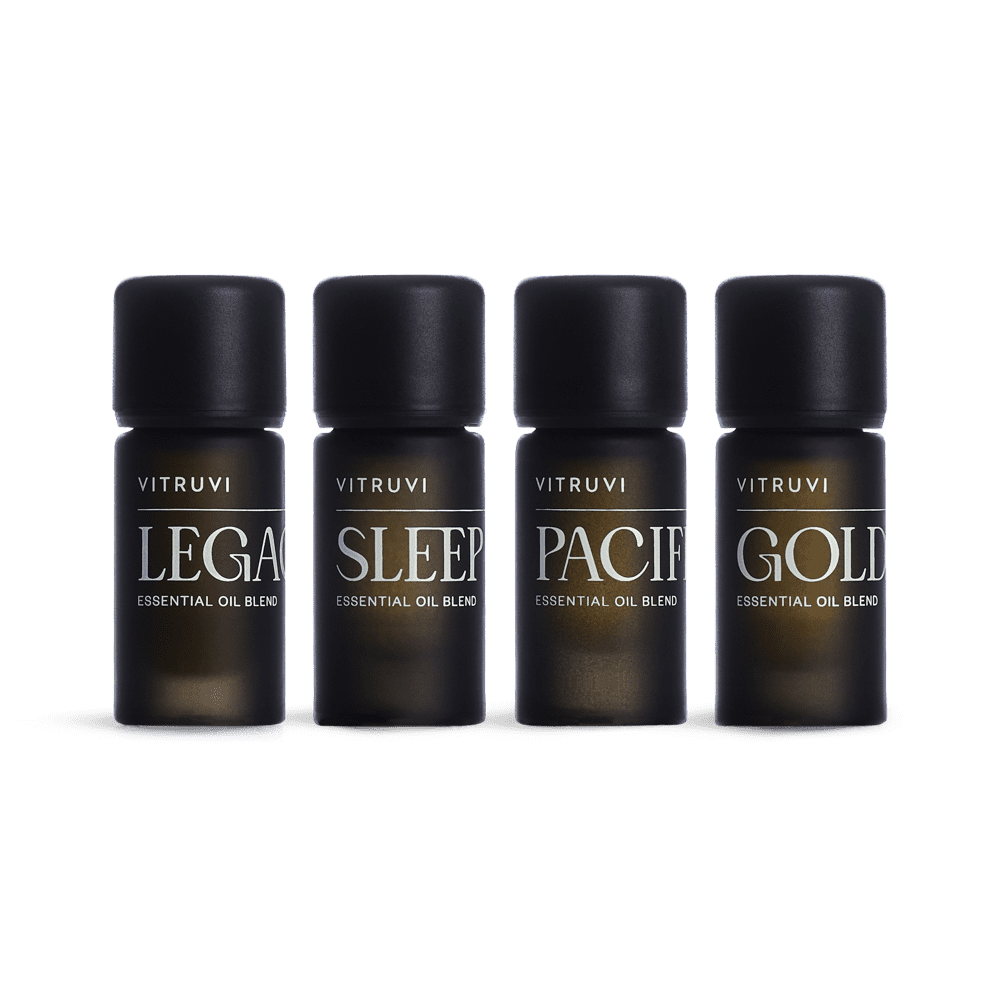The work never feels done when you’re trying to change the world. This is the blessing and burden that James Bartle, founder of Australia’s Outland Denim, has carried every day since he created his company—whose jeans have been worn by notable personalities including the Duchess of Sussex Meghan Markle—with the goal of reducing fashion’s carbon footprint by using recycled materials, vegetable dyes, and organic cotton, and helping to eradicate poverty in the process.
Does he ever feel like he’s bitten off more than he can chew? “All the time,” he says. “I’d say this has been the toughest year of my life.”
Outland’s story begins with Liam Neeson’s 2008 action film Taken, in which the actor plays a CIA operative who rescues his daughter from sex traffickers. It’s the kind of movie that likely caused fathers worldwide to call up their little girls to say, “I love you.” Bartle, who has two young daughters, was deeply shaken by the premise of the movie and set out to learn what he could do. Years later, in 2011, he was travelling through Asia with an anti-trafficking organization when he saw a little girl for sale. “It may have been her first night because she was very obviously scared and intimidated,” he recalls during a chat on a recent visit to Toronto. “She kept looking at the older girls as if to ask what to do, where to be, how to stand.”
Believing that poverty is a predominant cause of vulnerability, he opened a garment factory in Cambodia that employs survivors of the human trafficking industry. It’s a more holistic approach to combating impoverishment because it’s not predicated on charitable initiatives; instead, it provides the consumers with the products they want while simultaneously giving the workers skills for and beyond the job, including financial literacy and infant care, along with living wages to help them thrive independently.
Outland—Australia’s first Certified B Corporation denim brand—has received global acclaim, and is already becoming one of the fastest-growing companies in the world. That’s why it has been a tough year for Bartle: because as his company expands, so does the weight of human capital on his shoulders. “I’ve been smashed this year with fear and what-ifs,” he says. “What if no one buys or cares, and now I feel responsible for employing all these people? I can’t find jobs for all them if something goes bad.” He then shares a story of a woman who was able to buy her sister back from trafficking through her employment with Outland—a career-affirming moment for him, no doubt, and one that puts things in perspective. “The only way anything changes is if we, as a brand, produce something that you want,” Bartle asserts. “People want to help create a change in the world, but we have busy lives. This way, consumerism can become positive instead of having a negative association.”
Associations are indeed powerful. When asked to discuss an aroma that instantly teleports him back to a special moment in his life, Bartle is quick to answer. “When it goes cold in Australia, there is a smell—or maybe it’s a feeling. I get butterflies in my stomach,” he begins. “When I was a kid, we lived in a tiny desert town, and when we would go on holidays, it was to my grandparents’ farm. Farmers were often in a drought, so when I smell rain on the dust, it still makes me really excited because the whole town felt relief.” Relief: not something he often feels as an adult, but something many others feel because of him.


